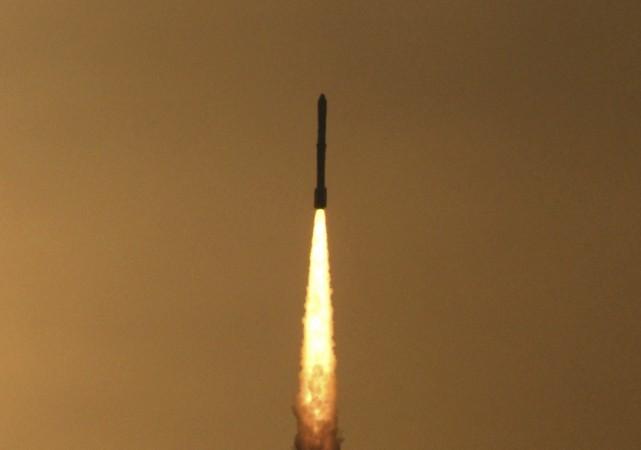
Indian rocket Polar Satellite Launch Vehicle (PSLV) XL variant will launch five British satellites on Friday night, said an Indian space agency official.
The Indian Space Research Organisation (ISRO) official said the Launch Authorisation Board (LAB) at its meeting on Tuesday has given the go ahead for the July 10 night rocket launch.
According to him, the four stage/engine PSLV rocket in XL variant is slated to blast off at 9.58 p.m. on Friday and the 62.5-hour countdown is expected to start at 7.28 a.m. on Wednesday.
Of the five British satellites, together weighing around 1,440 kg, three are identical DMC3 optical earth observation satellites weighing 447 kg. These will be put into a 647-km sun-synchronous orbit.
Of the other two satellites, CBNT-1 weighs 91 kg and also is an optical earth observation technology demonstration microsatellite, while the De-OrbitSail weighs 7 kg. This is an experimental nano satellite for demonstration of large thin membrane sail and drag deorbiting.
The three DMC3 and the CBNT-1 satellites are built by Surrey Satellite Technology Ltd. The De-OrbitSail is built by Surrey Space Centre.
According to ISRO, accommodating the three DMC3 satellites each with a height of about three metres within the existing payload fairing or the heat shield of the PSLV was a challenge. Thus, a circular L-adaptor and a triangular Multiple Satellite Adapter-Version 2 (MSA-V2) were newly designed and realised by ISRO for this specific purpose.
France's SPOT 7 satellite weighing 714 kg was the heaviest single foreign satellite carried by a PSLV rocket till now. It was launched on June 30, 2014.

















